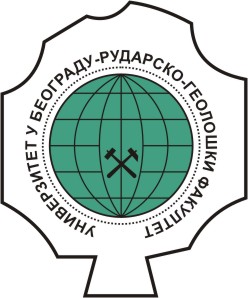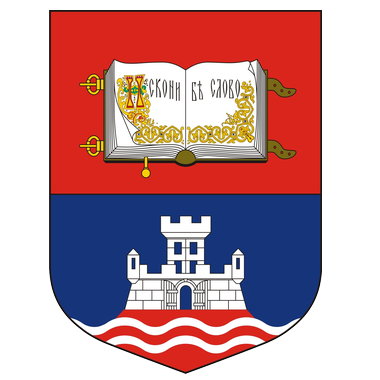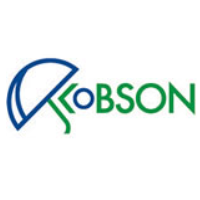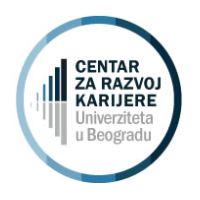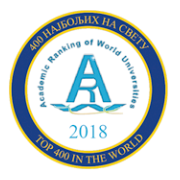M. Sc. in Mining Engineering
The expected professional or subject-specific skills and capabilities acquired by the students of undergraduate academic studies are:| » | Thorough and detailed knowledge of the selected specific area in the mining engineering, which directly leans upon general engineering knowledge acquired at the first level of the studies - developed capabilities for identification, analysis and synthesis of approaches in solving general and specific problems of mining engineering in the area of ground and underground exploitation, preparation of mineral raw materials, mining mechanisation, mining measurements and underground construction; |
| » | Ability for solving complex problems in the specific area of the engineering practice with the use of contemporary scientific methods and procedures, and with multi-disciplinary and inter-disciplinary approach – autonomy in the process of suggesting solutions, forecasting the consequences and decision making; |
| » | Ability for independent formulation of evidence in order to confirm the set hypotheses, to implement the knowledge for understanding the complex mining production systems in various contexts and in different scale; |
| » | Developed sense for continuous monitoring and implementing of innovations in the profession – ease in mastering the methods and procedures used in the research process; |
| » | Necessary abilities for career development – independence in work and ability for direct implementation of theoretical knowledge in practice, team work, ease in communication with professionals and non-professionals in multi and inter-disciplinary teams; |
| » | Ability for using information-communication technologies in mastering the knowledge of a certain area; |
| » | Computer-based solving of numerical problems and numerical modelling of various technological processes; |
| » | Ability for using contemporary literature, modern means of communication and all the possibilities for continuous career development; |
| » | Qualification for further academic education at doctoral studies. |
